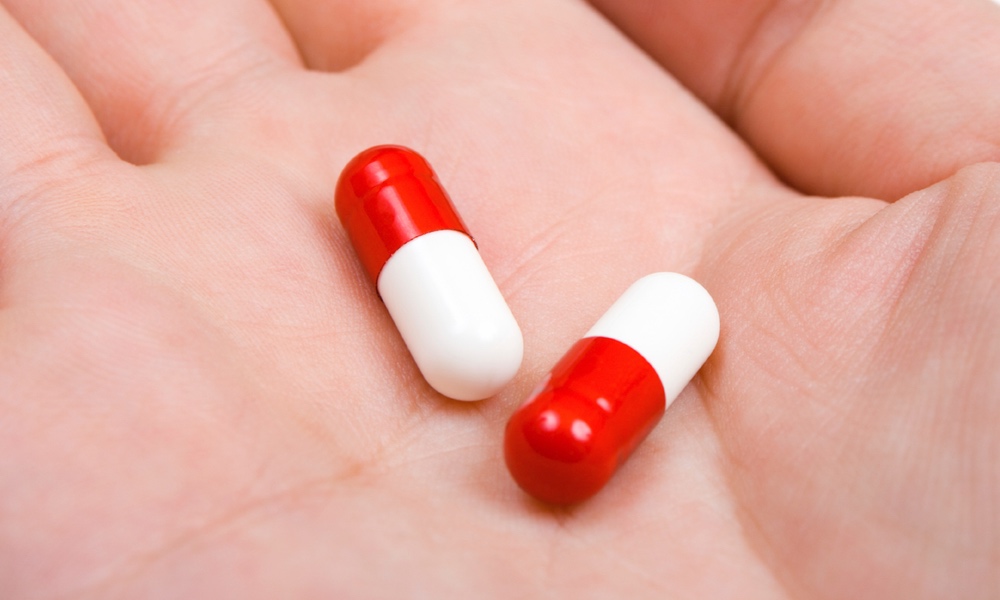It can be tough to fit in socially when you don't drink alcohol, particularly at work-related holiday events. When you're with people who are drinking, it creates a social barrier that can be hard to overcome. The non-drinker may feel judged by coworkers, or worry that those who do drink will feel the non-drinker is being judgmental of them.
Drinking club soda with a slice of lime can help, since it looks like an authentic alcoholic beverage. But work-related socializing can offer unique challenges, like a company dinner or a meal with a client, where that tactic won't work. What do you do then?
A study of non-drinking professionals illustrates that the tactics people employ are as varied as people themselves. Here are a few:Being a non-drinker does put certain pressures on socializing and on your career. But with a little finesse, these pressures can be overcome.
- Simple and upfront: “No thanks, I don't drink.”
- It's temporary: “No thanks, I'm not drinking today.” (I'm on a diet, getting over a cold.)
- Use a decoy: Have a non-alcoholic drink (the more it looks like an alcoholic beverage, the better) or get a drink to hand over to a colleague when he or she finishes his or hers. This works for wine at dinner, as well.
- Medical: Health reasons serve to reduce the pressure on non-drinkers without threatening drinkers. One woman in the study did not want her colleagues to know she was taking anti-anxiety drugs, so she told them she was on migraine medication that prevented her from drinking.
- Humorous: As one participant said, “I'll just make up some absurd, you know, religion, you know, and then everybody laughs and stuff like that… as long as you're engaging and social and joking then you're good to go.”
Few people in the study chose the direct approach of telling people that they didn't drink at all. They felt that it was more important to put the drinkers around them at ease, which this approach does not tend to do.
Most of the other strategies involve some tradeoff of utter honesty for greater social ease. Coworkers may well be uncomfortable being given the details behind your reason for not drinking.
Particularly popular was giving a reason why you can't drink because it tells people that that the situation is not under your control, so it can't possibly be a judgment of them. Favored reasons included taking a drug that doesn't work properly if you drink, alcohol having a negative impact on your athletic pursuits (usually running) and being on a diet and needing to lose weight.
People who relied on holding a drink to offer protective camouflage noted that sometimes the drinkers around them would visibly relax if they ordered an actual alcoholic beverage from the bar. Occasionally they even felt the need to take a few sips (usually of wine) to show the people around them that they were drinking, which made others more comfortable. This would not, however, be a good tactic for binge drinkers or people in recovery.
Being a non-drinker does put certain pressures on socializing and on your career. But the study emphasizes that with a little finesse, these pressures can be overcome. The more you can communicate your acceptance of other people's drinking and your goodwill towards it, the better you're likely to do.
The study is available for free in the Journal of Applied Communication Research.




